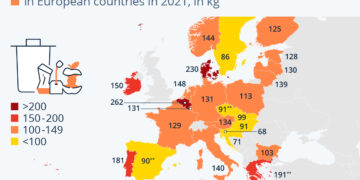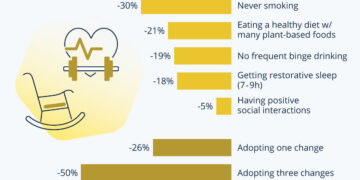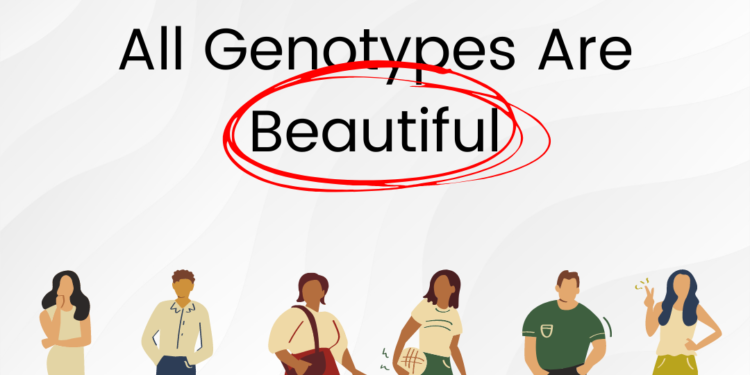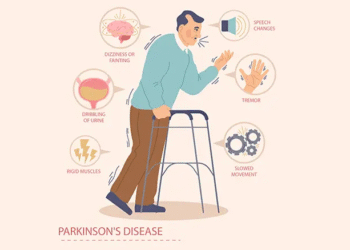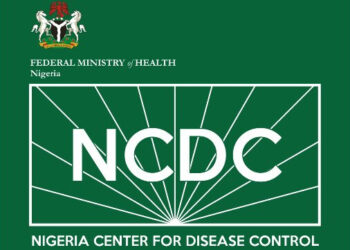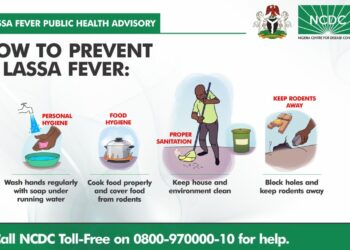When we talk about genotypes, the most common ones that come to mind are AA, AS, and SS—especially in conversations about sickle cell awareness. But there’s another genotype that remains largely unknown, yet it carries its own unique story: CC Genotype.
A Rare Discovery
Imagine walking into a hospital for a routine blood test, expecting to hear the usual AS or AA result, only to be told you have the CC genotype. Confusion sets in. What does this mean? Is it dangerous? Why have I never heard of it before?
This is the reality for many people with the CC genotype, a rare blood genetic variation that is often misunderstood or completely unknown. But today, let’s shed light on it.
What is the CC Genotype?
The CC genotype is a hemoglobin variant that results from the inheritance of two Hemoglobin C (HbC) genes—one from each parent. It is less common than AA, AS, or even SS, and is mostly found in West Africa, parts of the Caribbean, and among African Americans.
While not as severe as Sickle Cell Disease (SS genotype), those with CC genotype may experience:
![]() Mild to moderate anemia (low red blood cell count)
Mild to moderate anemia (low red blood cell count)
![]() Occasional fatigue or weakness
Occasional fatigue or weakness
![]() Jaundice (yellowing of the eyes and skin due to hemoglobin breakdown)
Jaundice (yellowing of the eyes and skin due to hemoglobin breakdown)
![]() Possible splenomegaly (enlarged spleen)
Possible splenomegaly (enlarged spleen)
But here’s the key difference—CC genotype does not cause sickle cell disease. Instead, it leads to Hemoglobin C Disease, which is generally milder than sickle cell anemia but can still cause health concerns.
Who Has the CC Genotype?
The CC genotype is rare, with only about 2-3% of the West African population carrying it. Unlike AS, which is considered a carrier state for sickle cell, CC genotype does not lead to sickle cell disease, but it can result in mild blood abnormalities.
What Should You Know If You Have CC Genotype?
1. Stay Hydrated: Proper hydration helps maintain healthy blood flow and reduces fatigue.
2. Monitor Iron Levels: While anemia is common, not all CC individuals need iron supplements, so consult a doctor before taking them.
3. Genetic Counseling is Key: If you plan to have children, knowing your partner’s genotype is crucial.
CC + AA = AC (No major health concerns)
CC + AS = Possible Hemoglobin C trait
CC + CC = All children will inherit CC
CC + SS = Possible Hemoglobin SC Disease (a milder form of sickle cell)
Why This Awareness Matters
Many people live with CC genotype without even knowing it because it doesn’t cause severe symptoms. However, awareness is crucial for informed health choices, proper medical care, and responsible family planning.
So, when was the last time you checked your genotype? It’s not just about AA or AS—understanding all genotypes, including CC, helps us make better health and life decisions.
Let’s keep the conversation going!
Have you heard about the CC genotype before?
Do you know anyone with it?
Share your thoughts below!
#CCGenotype#HemoglobinC#GenotypeAwareness#BloodHealth#GeneticCounseling#RareGenotypes#HemoglobinCDisorder#KnowYourGenotype#HealthEducation#SickleCellAwareness#StayInformed#AnemiaAwareness#GeneticHealth#MedicalAwareness#BloodDisorders

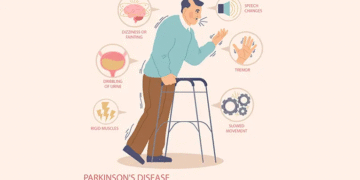


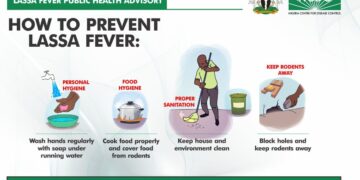

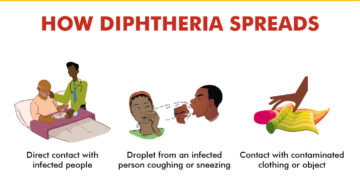



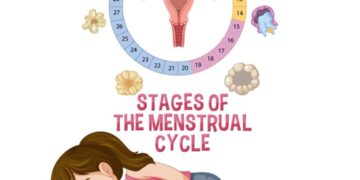

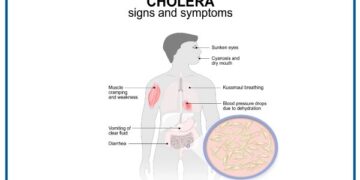
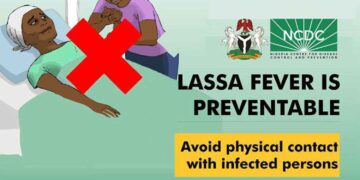
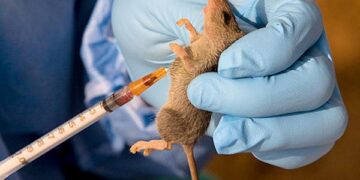

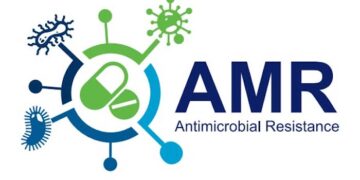
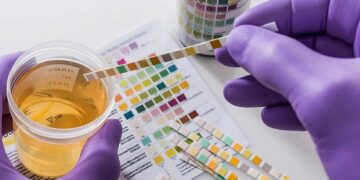
![Antimicrobial Resistance [AMR] in Hausa](https://healthtoday.com.ng/wp-content/uploads/2024/02/antimicrobial-resistance-AMR--360x180.jpeg)




